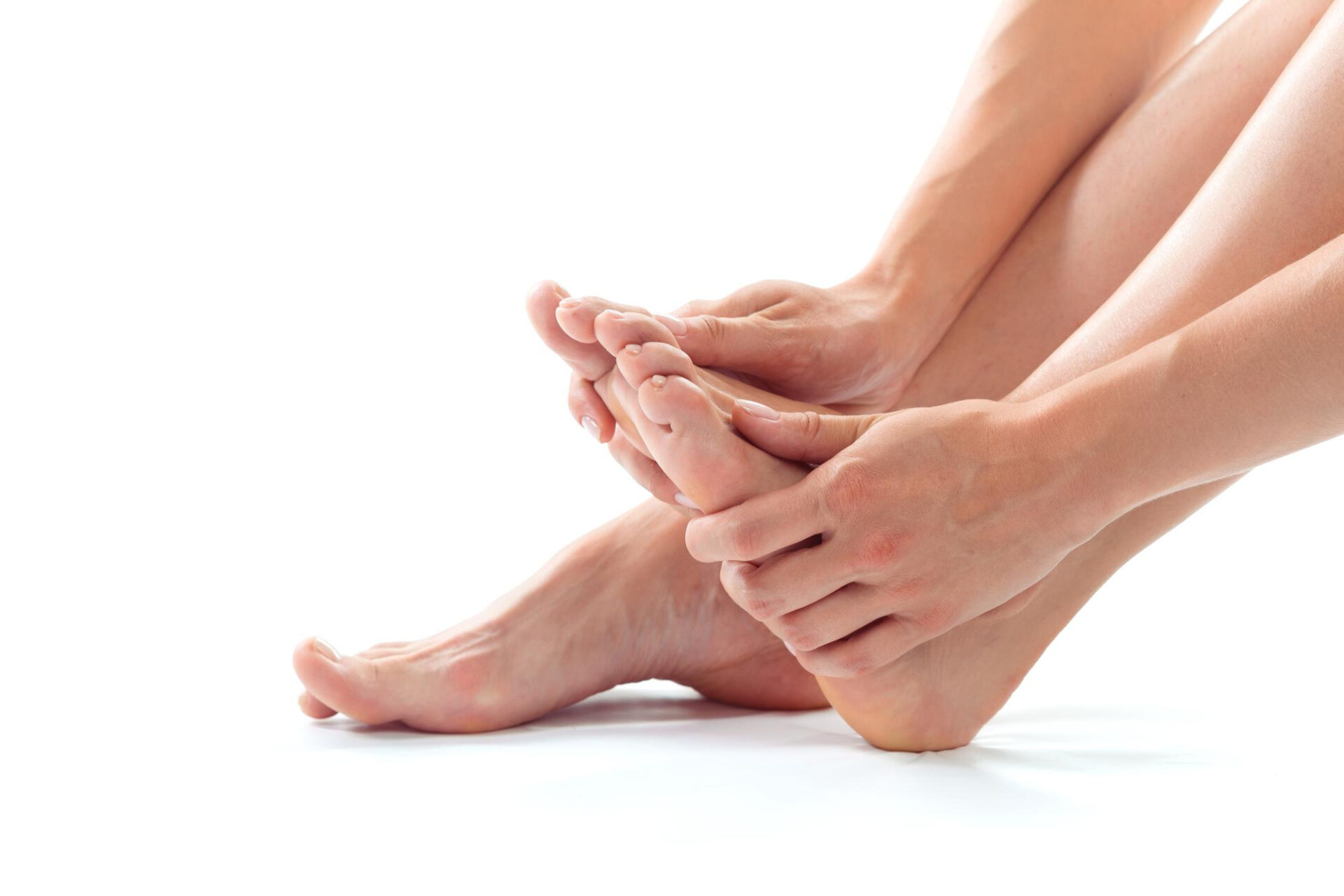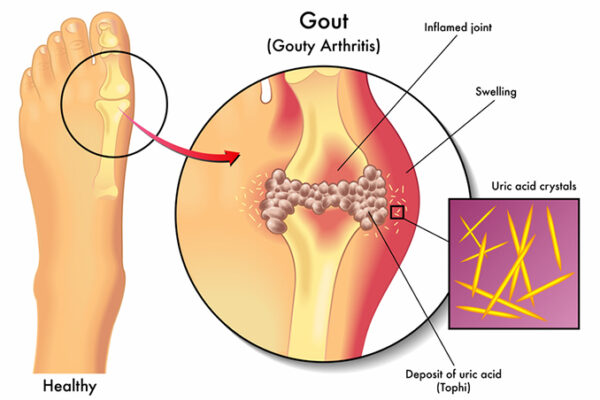Revolutionizing Gout Treatment with Stem Cell Therapy

Written by Amanda E. Lampong
Published on 18 November, 2023
Sometimes referred to as the “disease of kings” or “the disease of the rich”, gout is a type of inflammatory arthritis that most commonly affecting the big toe. Gout is caused by a condition known as hyperuricemia, an increased level of uric acid in the blood. Uric acid usually dissolves in the blood and passes through the kidneys into the urine. However, there are situations when the kidneys produce too little uric acid or the body produces too much uric acid. This can lead to an accumulation of uric acid, which can create needle-like urate crystals in a joint or surrounding tissue, causing pain, swelling and inflammation.

The most common symptom of gout is pain in the affected joint. Although the big toe joint is commonly affected, gout has the potential to involve other joints, such as the knees, ankles, elbows, feet, hands and wrists. A gout attack can occur unexpectedly, frequently overnight where the intense pain may wake you up. In addition, the affected joints may feel swollen, red, warm and stiff.
Men are more likely than women to get gout, especially as they get older. The chance of getting gout is higher if you are:

- Overweight
- Drink alcohol
- Have been through the menopause
- Have high cholesterol, high blood pressure, kidney problems, osteoarthritis or diabetes
- Have had surgery or an injury
There are several treatment options for people with gout, from medications to lifestyle changes. However, these treatment options are only treating symptoms and not targeting the cause of gout. One promising new treatment for gout is stem cell therapy.
At Swiss Stem Cell, the advanced Induced Pluripotent Stem Cells (iPSCs) can help those who are suffering with complex diseases, including gout. The Induced Pluripotent Stem Cells (iPSCs) have three primary cellular layers, which are, Ectoderm, Mesoderm and Endoderm.
Gout happens when urate crystals accumulate in the joint. Therefore, the iPSCs with Mesoderm have the potential in gout treatment due to the ability to restore proper function of the tissues and organs, including cartilage, bones and tendons. The iPSCs have the capability to differentiate into a variety of cell types, including bone and cartilage, which are found in joint tissues. It can help in repairing damaged tissues in the joints affected by gout. These advanced stem cells also relieve inflammation and modulate the immune response involved in gout. By targeting the inflammation and promoting tissue repair, the iPSCs provide relief from the acute symptoms of gout.
Thus, while medication and healthy lifestyle are often helpful, the stem cell therapy has a beneficial effect on not only gout but on overall health, making it a natural recovery. In the absence of gout, individuals will experience a more carefree and active lifestyle, free form worry of having gout attack. Those who are interested in the stem cell therapy for gout treatment can visit our showroom at Hilton Hotel in Kuching for further health consultation.
REFERENCES
- Tilluckdharry, L. (2020, July 22). Understanding, Treating and Managing Gout. Kaiser Permante. https://mydoctor.kaiserpermanente.org/mas/news/understanding-treating-and-managing-gout-1759065
- Cleveland Clinic. (n.d.). https://my.clevelandclinic.org/health/diseases/4755-gout
- NHS. (n.d.). Gout. https://www.nhs.uk/conditions/gout/
